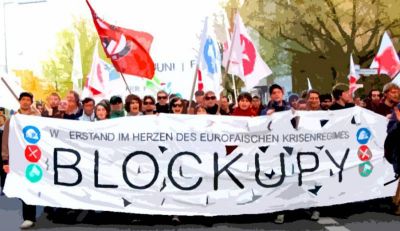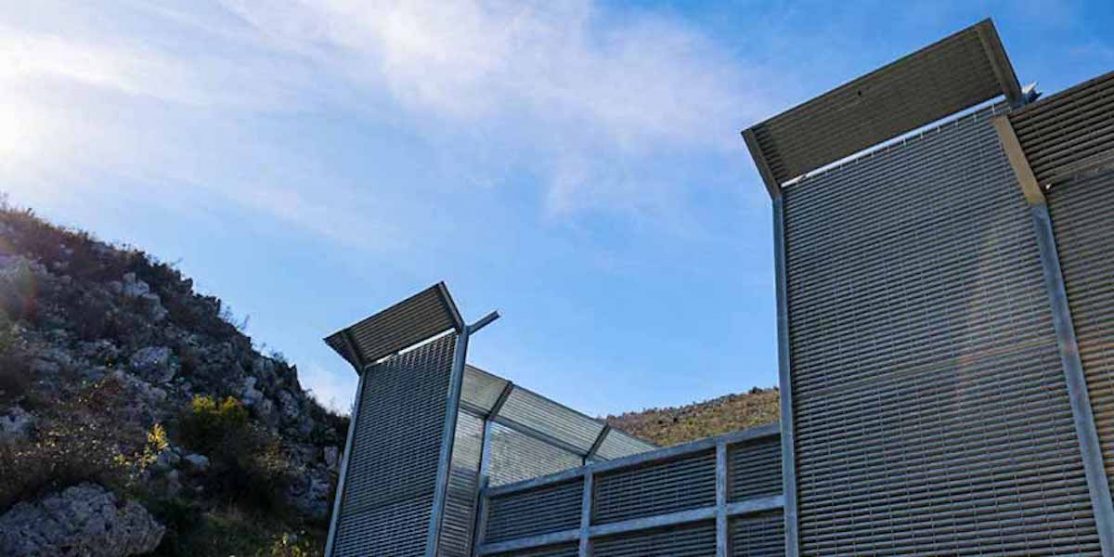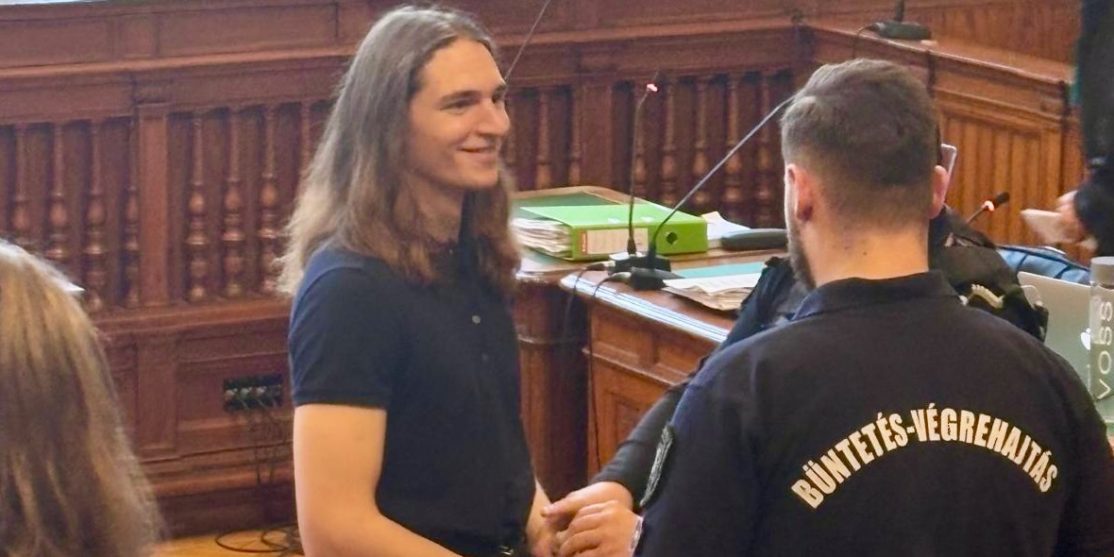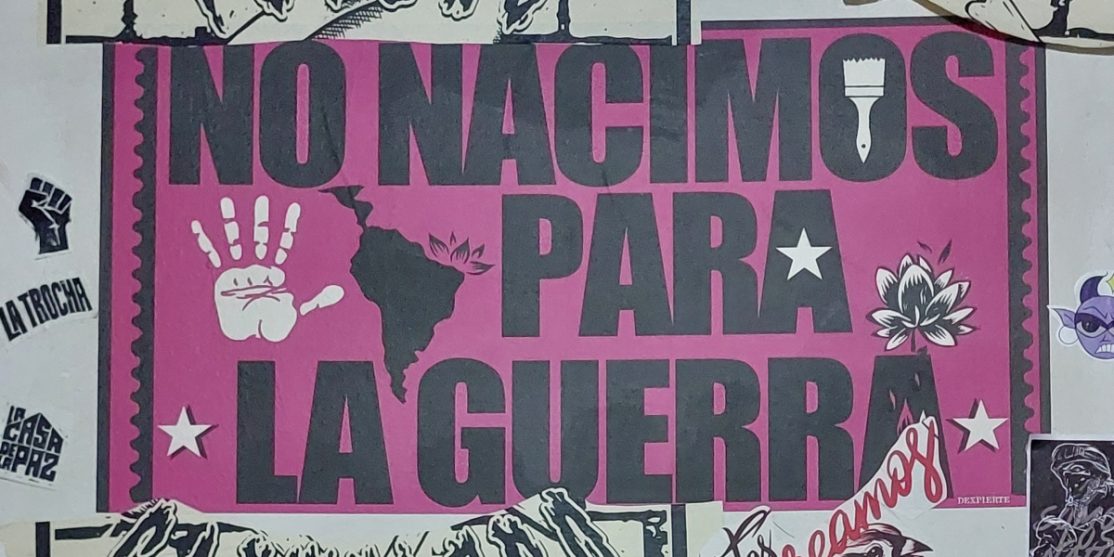EUROPA
Blockupy International Invites Movements, Networks, Organisations to an Open Assembly in Brussels. September 26-27

+
Call for building together a transnational space of initiative for a Europe from below, through, against and beyond current Europe
We, as Blockupy international coordinating group, met in Berlin on June 21st, to discuss the outcomes of the May of Solidarity and the future perspectives. During the days of mobilization actions were various and rich, and we valued positively that many have been organized from outside the May of Solidarity process. We also agreed that, though the Blockupy process is focused on mobilizing towards the opening of the new ECB building in Frankfurt (now scheduled for early 2015), an autonomous political initiative cannot be simply bounded to the dates established by the institutional agenda: we need a larger social and political perspective. The postponing of Turin EU summit on “youth employment”, on the other hand, has left many without a common space to gather, act and discuss. The message of May of Solidarity across Europe – “Solidarity beyond borders, building democracy from below!” – found much resonance, but a strong transnational movement is still to come and we know that no one, beginning with us, could consider themselves to be sufficient.
We also know we are not alone in our attempts to link struggles across borders and to create a transnational resistance. We openly acknowledge our limits, and we recognize that different networks across the European space are facing that similar limits and contradictions. We do think it is time to turn this situation into a political opportunity. We therefore propose an open meeting to collectively examine the current phase and to strategically discuss our practices and our proposals to build a transnational space of initiative for a Europe from below, through, against and beyond current Europe.
The Europe of the ruling classes might be itself in crisis again and again; it might be in continuous reorganization. However, what were before more nationally disparate austerity and saving programmes are being consolidated into the new status quo of the EU. This is the reality behind the rhetoric of the European governments claiming that the moment to go beyond austerity has come. Of course, “post-austerity” does not mean “benefits for all” or real changes for the better! Moreover, as a governing logic it is not “new”: austerity and privatization have been reality in Eastern Europe for twenty-something years now. Rather, we are facing a new phase characterized by the attempt to stabilize the social effects of austerity policies with transnational policy based on creating and exploiting different spaces. This is the logic of new processes of precarization and re-organization of exploitation taking place on a transnational scale, exemplified not least in the “Youth Guarantee” programme of labour governance, which are linked to the positioning of the EU within global value chains and to financial flows that go beyond the institutional borders of the European Union.
In this way, Europe is becoming a space of transit and accumulation crisscrossed by differences, unbalances, regional and zonal dynamics. Mobility inside and across these spaces is thus becoming a crucial element, as the governments of Europe are managing welfare policies and the Schengen regime in order to exploit those movements practiced by people both with and without European passports who together make up the living labour force.
These novelties are the political problem we have to face together in order to understand what to do next, how, and especially with whom to make Europe a space for transnational politics of radical change, also in so far as today the national space is more than ever too narrow. As the outcomes of the recent European elections show, it is not only that the national space is functional to racist and right wing solutions to the crisis, it is also that within the national space it is impossible to counter the power of global capitalism.
In every respect a strong transnational movement is still to come. Of course the development of such movement will depend on the struggles taking place in daily life rooted in the social dimension, but they also depend on our ways to develop a common space – for strategizing and for finding common spaces of struggles. While an increase of networking has taken place in the past years, we still have not found the practices to translate separate struggles into a transnational movement. Our proposal to meet comes from a genuine desire to openly discuss together, in a practical way, how to turn the variety of networks and present agendas into a political opportunity for social movements to fight together and to build counter narratives, cooperation and lively shared practices of struggle.
As Blockupy International coalition, we will mobilize towards the opening of the new ECB building – symbolically experiencing a common transnational space of struggle in the streets and in a very real way blocking production and circulation in Frankfurt, the financial capital of continental Europe. However, we have to ask ourselves whether we are able to re-organize and diffusely tackle the heart of the new regime of exploitation, which was built on the austerity policies in the last years.
Therefore we propose to take that new phase of European post-austerity policy seriously. To fight against it, we have much to learn from each other. We know the current social relationships are based on debt and competitiveness on the one hand; precarity and working poor as the general condition of labour, institutional racism and a re-nationalization of citizenship on the other hand. It is also characterized by the attack on wages and incomes, on commons and welfare systems and the consequent restriction of the spaces for democracy. We know we must learn from experiences in places where austerity has long been the way of life, and thus we especially extend this invitation to our friends in Eastern and Southeastern Europe.
Starting from here, we propose to meet up and discuss about what we can do in order to produce an autonomous initiative at the transnational level, which tackles this relevant issue of post-austerity Europe posing few questions:
How can we frame our heterogeneous struggles within and against the newly consolidated governmental regime based on the status quo of austerity and its enforcing institutions?
Starting from the conditions of precarity of living and working, the issue of mobility, of Europe as space of transit and accumulation, how we can set our own agenda of mobilization for the upcoming months?
How can we think of powerful, transnational social and political practices to address the new conditions of labour and life, building the possibilities to powerfully organize inside of them and to effectively strike against them?
In which ways we can connect the different activities, practices, meeting points in and as a common process that could become an orienting shared “road map”?
We believe it’s time to develop a powerful practical perspective, time to think about how to act together and how to build the strength we need to overturn the table. We also think that we must approach together the political problem of a transnational, Europe-wide strike around these different issues, how to organize it and how to really hurt the new exploitation regime.
For these reasons, we invite all groups interested in a radical change perspective to meet in the evening of the 26th and have meeting all day on 27th September in Brussels for an open discussion which, starting from these inputs, can lead us to one or more days of common action and to build together a larger moment of analysis, exchange and political proposals towards a transnational space of movement, towards an autumn of struggles and some shared medium-term perspectives – in solidarity beyond borders.
Feel free to forward this invitation to other networks, groups, organisations. Technical details will follow, please write to international@blockupy-frankfurt.org for info and if you interested in coming to Brussels.




